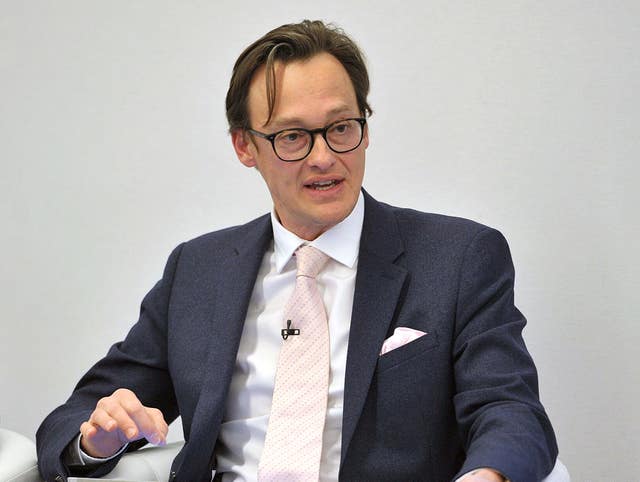Microsoft closes hundreds of UK accounts over child abuse material
The tech firm gave evidence to the Independent Inquiry Into Child Sexual Abuse.

Microsoft has closed hundreds of UK user accounts in recent years in connection with suspected child sexual abuse, an inquiry has heard.
The technology firm is one of a number of internet giants giving evidence to the Independent Inquiry Into Child Sexual Abuse (IICSA).
The IICSA is conducting its second investigation phase, into how the internet is used to facilitate child sexual abuse in England and Wales through acts such as grooming, sharing indecent images, and live-streaming abuse.
Hugh Milward, Microsoft UK director of corporate, external and legal affairs, told the hearing, sitting in London, that if it finds child sexual abuse material on a person’s account it will be closed down.
He said the firm reports around 5,800 instances a month to the US National Centre for Missing and Exploited Children (NCMEC).

NCMEC is based in the US but shares information with agencies in other countries including the UK’s National Crime Agency.
For the majority of those reports they were images found on the web and for the most part these images were not hosted in the UK, he said.
Giving UK-specific figures, he said: “For the numbers of reports or incidents of child sexual abuse on our own platform we can report for the UK. And the way we report on that is the number of accounts we close – so typically if we find that there is child sexual abuse material on a person’s account we will close the account.
“The number of closures of accounts is then a good indication, and that is between 100 and 400 accounts a year.”
Jacqueline Carey, counsel to the inquiry, asked whether that related to “suspected or actual abuse” of children.
Mr Milward replied: “That is for where we find, and we have verified through this twin-track process, that there is child sexual abuse material on our platform.”
On the issue of grooming he said the firm is aware it takes place on its XBox Live and Skype platforms and added that it is “developing tools” to try to address such activity.
He admitted he did not have figures to hand to state how much grooming goes on on its platforms – but rejected a suggestion this may be because Microsoft did not want to risk damaging its brand by stating that information publicly.
Ms Carey asked whether not having the figures may mean the firm cannot know if it is devoting sufficient resources to address the problem.
She asked: “Why don’t you have the data?”
Mr Milward replied: “It is a good question. And I’m sorry I don’t have the answer to that. I can come back to you with an answer.”
Ms Carey said: “Is it a case that Microsoft don’t want to publicly state a figure like that, lest it damages the brand?”
Rejecting this, he said: “No, we would be happy to state that. I’m very happy to do that. My apologies for not having that.”
Some hearings involving the technology firms are closed sessions and not accessible to the public or press owing to “sensitive matters relating to investigatory tactics which could help offenders evade detection if publicly disclosed”, said the IICSA.
The inquiry will hear from a representative of Google later on Thursday.





